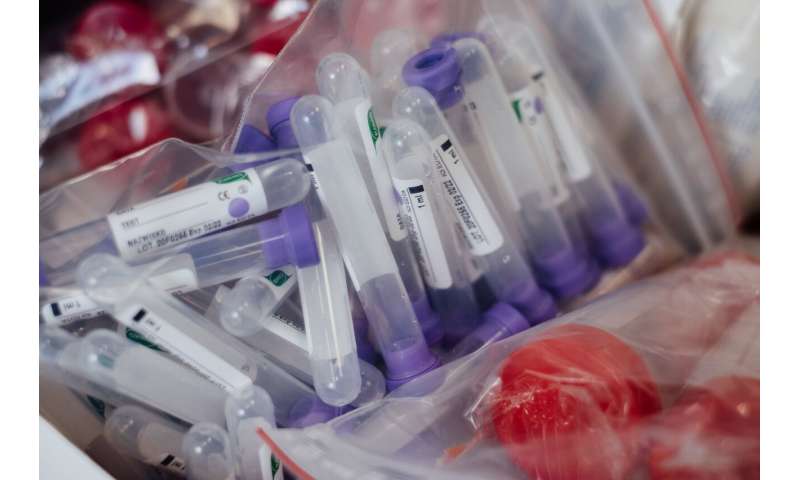
The results of a survey of 1038 doctors, nurses, pharmacists, administrators and allied health professionals (such dieticians and physiotherapists) working in oncology in the UK National Health Service (NHS) during the spring wave of COVID-19 will be presented at the NCRI Virtual Showcase.
The results of the COVID-NOW study show that 69% of oncology staff believe patients’ access to ‘standard of care treatment’ (meaning the standard NHS treatment available) has been compromised as a result of the COVID-19 pandemic and 94% of staff felt that ‘patient management’ (meaning treatments such as surgery and chemotherapy) had altered.
The study also found that while 66% felt able to do their job without compromising their personal safety, 42% of staff felt they were likely to be ‘at risk’ of poor wellbeing and 34% indicated signs of burnout. However, the majority said that they felt able to work well during this time and an average score of around 7 out of 10 was reported, where 10 indicates being able to work to their best.
The survey also uncovered the coping strategies staff use, with doctors tending to use planning and humour as strategies, whereas allied health professionals sought out emotional support and information from others. Staff were also asked how valued they felt by their organisation and by the public. Overall, 68% said they felt valued by the public and 66% said they felt valued in the workplace. On average, doctors felt the most valued by the UK public (79%) and their workplace (73%). Support services staff (such as research administration staff, health care assistants and phlebotomists) felt the least valued (47% felt valued by the public and 60% in the workplace).
The study will be presented at the NCRI Virtual Showcase by Dr. Susana Banerjee, Consultant Medical Oncologist at The Royal Marsden NHS Foundation Trust and Reader in Women’s Cancers at The Institute of Cancer Research, London, UK. She said: “As a result of the COVID-19 pandemic, the entire oncology community has been facing rapid changes to help ensure the safety of our cancer patients while maintaining their cancer care.
“Increasing our understanding of oncology professionals’ experiences since COVID-19 is essential to making evidence-driven decisions on how best to help the oncology workforce and NHS organisations. The NHS and the global oncology community must work collaboratively to ensure that limited resources are used in the best way possible to support oncology staff and their patients.”
The COVID-NOW study continues with further surveys planned as well as in-depth interviews to learn more about the impact of COVID-19 and how best to support oncology staff.
Source: Read Full Article
